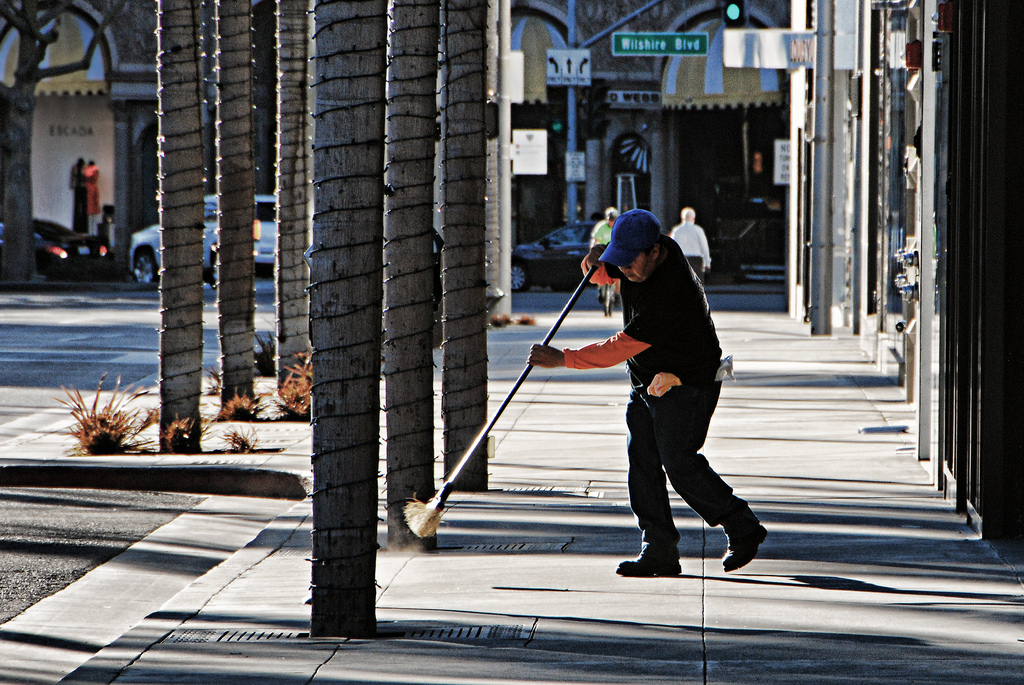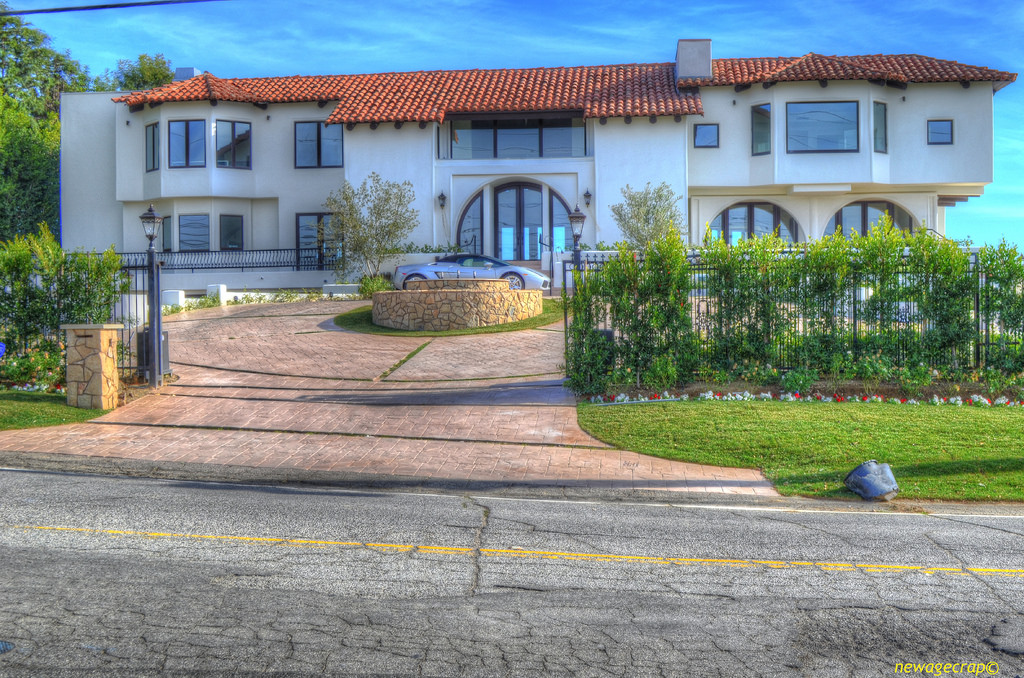Slander of title is a false statement related to real property that causes monetary loss. The goal is the protection of the transferability of title. The claim is based on whether the publisher of false information could reasonable expect the false publication to influence the conduct of a third party, such as a lender or buyer. It may be an unsupported claim of an interest in real property that throws “doubt” on its ownership. However, Sacramento real estate attorneys point out to their clients that the false publication may be privileged, which is a statutory defense to a claim for slander of title.
 In Raymond A. Schep v. Capital One, N.A., Schlep borrowed $910,000, secured by a deed of trust on his Beverly Hills home. He missed his mortgage payments and a Notice of Default was recorded. Before the Notice of Trustee’s Sale was recorded, someone recorded a “Substitution of Trustee and Full Reconveyance” (the ‘Wild Deed’). The court’s opinion does not specify who did this, but implies that it was the borrower. Subsequently the Notice of Sale recorded, and the property was foreclosed through a trustee’s sale. The Borrower filed this lawsuit claiming slander of title due to the recording of the Notice of Default, Notice of Sale, and Trustee’s Deed. Apparently his argument was that the Trustee had constructive notice of the Wild Deed and the implied competing claim on title.
In Raymond A. Schep v. Capital One, N.A., Schlep borrowed $910,000, secured by a deed of trust on his Beverly Hills home. He missed his mortgage payments and a Notice of Default was recorded. Before the Notice of Trustee’s Sale was recorded, someone recorded a “Substitution of Trustee and Full Reconveyance” (the ‘Wild Deed’). The court’s opinion does not specify who did this, but implies that it was the borrower. Subsequently the Notice of Sale recorded, and the property was foreclosed through a trustee’s sale. The Borrower filed this lawsuit claiming slander of title due to the recording of the Notice of Default, Notice of Sale, and Trustee’s Deed. Apparently his argument was that the Trustee had constructive notice of the Wild Deed and the implied competing claim on title.
 The court found that the plaintiff was wrong, because all the documents underlying his claim were privileged. Civil Code section 2924(d) (1) (set out below) provides that the notices required for a trustee’s sale procedure are privileged communications under section 47 (also set out below).
The court found that the plaintiff was wrong, because all the documents underlying his claim were privileged. Civil Code section 2924(d) (1) (set out below) provides that the notices required for a trustee’s sale procedure are privileged communications under section 47 (also set out below).
To state a claim for slander of title, a plaintiff must allege “(1) a publication, (2) which is without privilege or justification,” (3) which is false, and (4) which “causes direct and immediate pecuniary loss.”
 Recording a notice of default and notice of sale are both privileged under Civil Code section 2924(d)(1) (below). This code section provides the mechanism for trustee’s sales, and makes establishes privileges in order to make the process more efficient.
Recording a notice of default and notice of sale are both privileged under Civil Code section 2924(d)(1) (below). This code section provides the mechanism for trustee’s sales, and makes establishes privileges in order to make the process more efficient.
The court found that recording a trustee’s deed is also privileged. Section 2924(d)(2) broadens (d)(1) by stating that performing the procedures described constitutes “privileged communications” pursuant to section 47.
Section 47 creates two privileges: a) an absolute privilege (the litigation privilege) which applies without regard to the speaker’s motive, and b) a qualified privilege only to communications made without malice. Apparently California courts are split as to which privilege applies to section 2924(d). But in this case there was no allegation of malice. The Court took judicial notice of the deed of trust and subsequent chain of title which made reasonable the Trustee’s belief that the foreclosure was legitimate.
Civil Code section 2924
(d) All of the following shall constitute privileged communications pursuant to Section 47:
(1) The mailing, publication, and delivery of notices as required by this section.
(2) Performance of the procedures set forth in this article.
(3) Performance of the functions and procedures set forth in this article if those functions and procedures are necessary to carry out the duties described in Sections 729.040, 729.050, and 729.080 of the Code of Civil Procedure.
Civil Code section 47
(b) In any (1) legislative proceeding, (2) judicial proceeding, (3) in any other official proceeding authorized by law, or (4) in the initiation or course of any other proceeding authorized by law and reviewable pursuant to Chapter 2 (commencing with Section 1084) of Title 1 of Part 3 of the Code of Civil Procedure, except as follows:
(1) An allegation or averment contained in any pleading or affidavit filed in an action for marital dissolution or legal separation made of or concerning a person by or against whom no affirmative relief is prayed in the action shall not be a privileged publication or broadcast as to the person making the allegation or averment within the meaning of this section unless the pleading is verified or affidavit sworn to, and is made without malice, by one having reasonable and probable cause for believing the truth of the allegation or averment and unless the allegation or averment is material and relevant to the issues in the action.
(2) This subdivision does not make privileged any communication made in furtherance of an act of intentional destruction or alteration of physical evidence undertaken for the purpose of depriving a party to litigation of the use of that evidence, whether or not the content of the communication is the subject of a subsequent publication or broadcast which is privileged pursuant to this section. As used in this paragraph, physical evidence means evidence specified in Section 250 of the Evidence Code or evidence that is property of any type specified in Chapter 14 (commencing with Section 2031.010) of Title 4 of Part 4 of the Code of Civil Procedure.
(3) This subdivision does not make privileged any communication made in a judicial proceeding knowingly concealing the existence of an insurance policy or policies.
(4) A recorded lis pendens is not a privileged publication unless it identifies an action previously filed with a court of competent jurisdiction which affects the title or right of possession of real property, as authorized or required by law.
(c) In a communication, without malice, to a person interested therein, (1) by one who is also interested, or (2) by one who stands in such a relation to the person interested as to afford a reasonable ground for supposing the motive for the communication to be innocent, or (3) who is requested by the person interested to give the information. This subdivision applies to and includes a communication concerning the job performance or qualifications of an applicant for employment, based upon credible evidence, made without malice, by a current or former employer of the applicant to, and upon request of, one whom the employer reasonably believes is a prospective employer of the applicant. This subdivision authorizes a current or former employer, or the employer s agent, to answer whether or not the employer would rehire a current or former employee. This subdivision shall not apply to a communication concerning the speech or activities of an applicant for employment if the speech or activities are constitutionally protected, or otherwise protected by Section 527.3 of the Code of Civil Procedure or any other provision of law.
Photos:
flickr.com/photos/taedc/23628261862/sizes/h/
flickr.com/photos/billgarrett-newagecrap/11901510303/sizes/l/
flickr.com/photos/chrisyarzab/33440893663/sizes/l
 California Real Estate Lawyers Blog
California Real Estate Lawyers Blog

